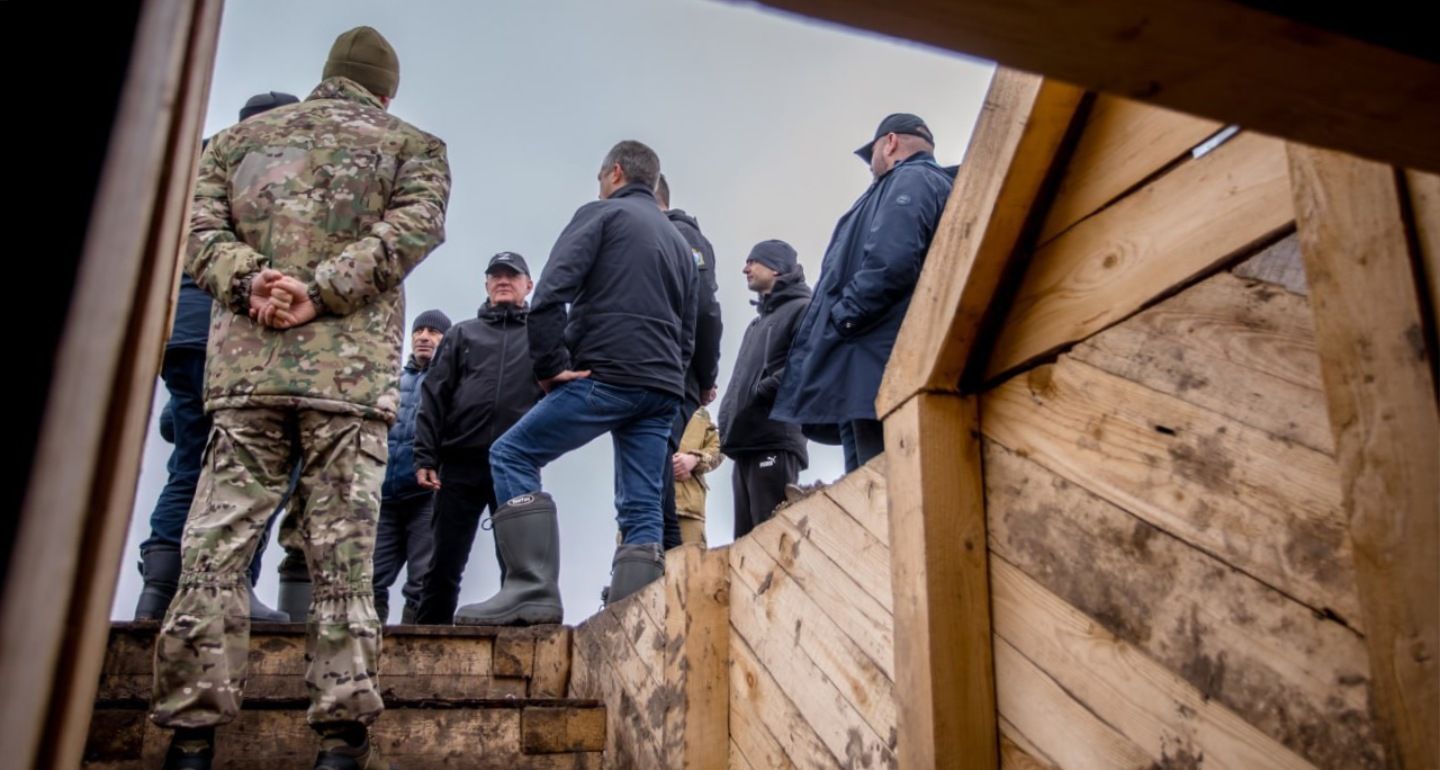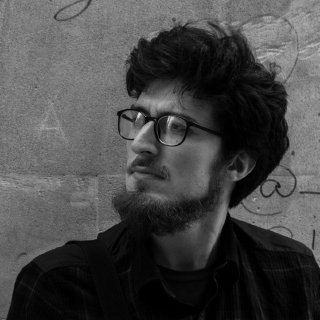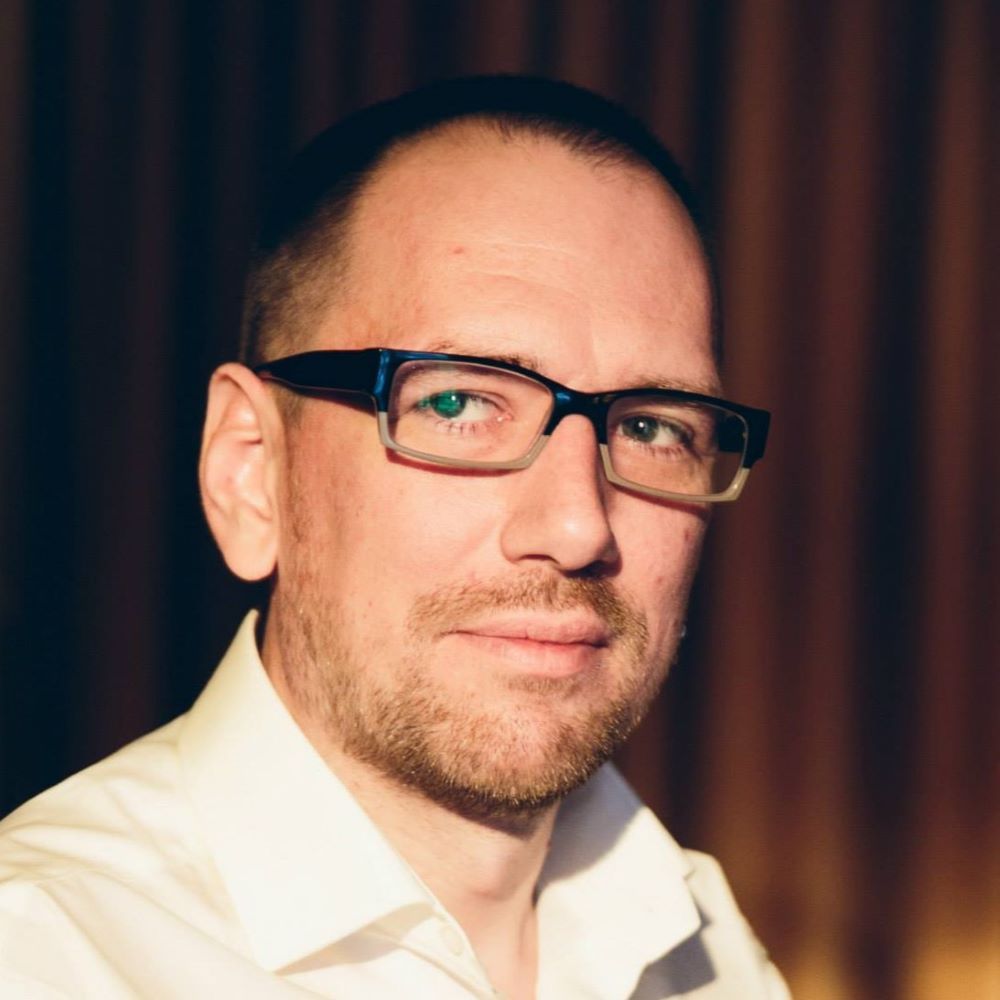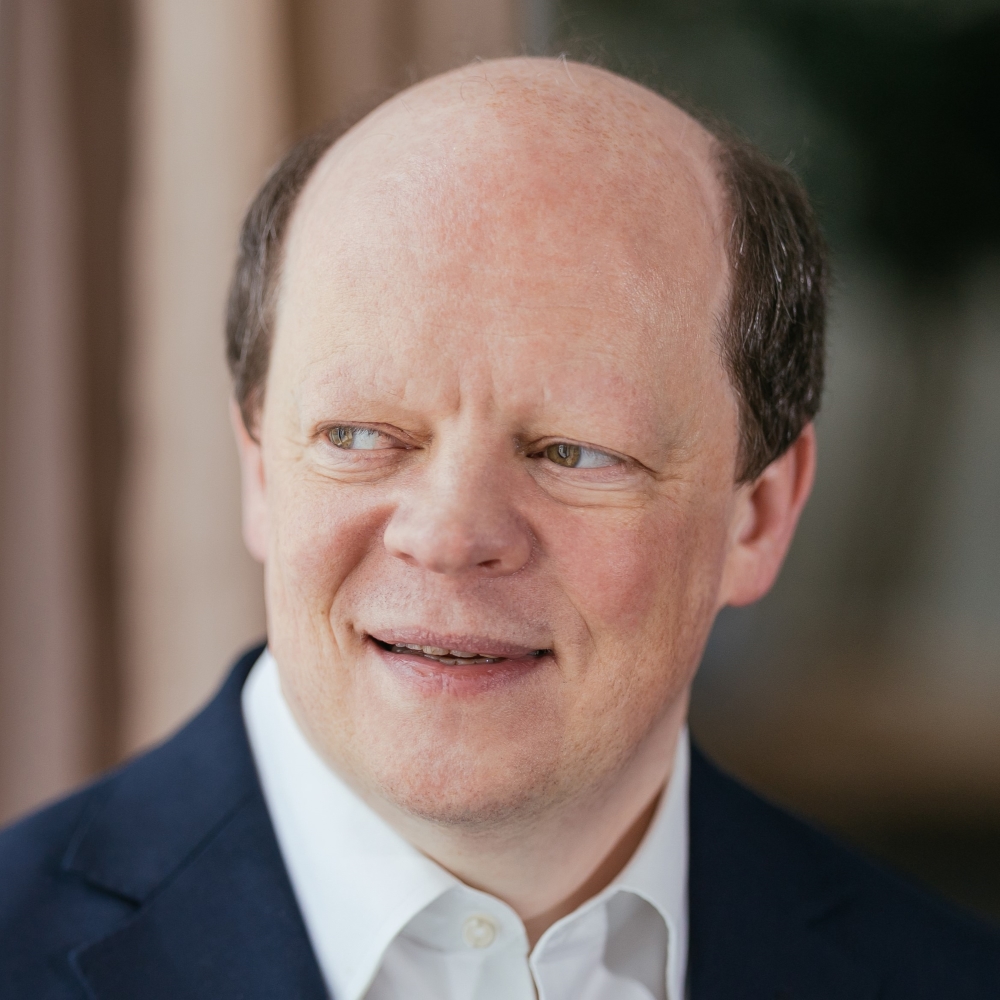Baku may allow radical nationalists to publicly discuss “reunification” with Azeri Iranians, but the president and key officials prefer not to comment publicly on the protests in Iran.
Bashir Kitachaev
{
"authors": [
"Alexandra Prokopenko"
],
"type": "commentary",
"blog": "Carnegie Politika",
"centerAffiliationAll": "",
"centers": [
"Carnegie Endowment for International Peace",
"Carnegie Russia Eurasia Center"
],
"collections": [
"Politika: The Best of 2025"
],
"englishNewsletterAll": "",
"nonEnglishNewsletterAll": "",
"primaryCenter": "Carnegie Russia Eurasia Center",
"programAffiliation": "",
"programs": [],
"projects": [],
"regions": [
"Russia"
],
"topics": [
"Domestic Politics",
"Security",
"Political Reform"
]
}
Roman Starovoit’s apparent suicide shows how much the pressure has grown within a system from which there is no escape.
Russia’s transport minister was found dead in his car in a Moscow region park on July 7 after being fired from his post that same day. Roman Starovoit, 53, appeared to have shot himself: the first suicide of such a high-ranking official in Vladimir Putin’s quarter-century reign.
Starovoit had previously served as governor of Russia’s Kursk region, which was partially occupied by Ukrainian troops last year. The transport minister could soon have been arrested on suspicion of embezzling at least 1 billion rubles allocated for the construction of defense fortifications in the region, Kommersant newspaper reported.
By the standards of the Russian elite, Starovoit had an almost exemplary career, having entered the executive branch through work on the ground. He was put in charge of the Transport Ministry in May 2024, after more than five years in charge of the Kursk region. Prior to that, he headed Rosavtodor, the main body in charge of allocating budget funds for highway construction and maintenance, for six years.
After Starovoit was promoted and moved to Moscow, he was replaced as Kursk governor by his former deputy, Alexei Smirnov. But Smirnov held the post for less than a year, resigning in December 2024. Smirnov’s brief tenure coincided with the incursion of Ukrainian troops into the Kursk region in August 2024. The operation to oust them dragged on until April 2025.
The Ukrainian incursion exposed not only the region’s weak military defenses, but also systemic problems in budget management. In April 2025, Smirnov was arrested on charges of embezzling 1 billion rubles in budget funds allocated in 2022–2023 for the construction of defensive fortifications that were subsequently not built. Smirnov had testified against his former boss, according to Kommersant.
Contradictory reports of Starovoit’s death led to some confusion over the timing and order of events. Andrei Kartapolov, the head of the State Duma Defense Committee, said that Starovoit had “died some time ago,” while Forbes and RBC sources said his death had occurred on the night of July 5. Yet the Transport Ministry press service reported on July 6 that he had chaired a meeting on an accident at the port of Ust-Luga that day. Then, on the morning of July 7, a presidential decree dismissing Starovoit from his post as transport minister was signed.
The circumstances of Starovoit’s death once again highlight how opaque the senior echelons of Russian government have become at functioning in crisis situations. No one knows anything, and no one wants to take responsibility.
Starovoit’s apparent suicide is a significant moment that demonstrates how the internal logic of the system has changed. Until recently, it was still possible to leave power in Russia—even when facing corruption charges. Before the full-scale invasion of Ukraine, the exit route would usually entail resignation, disappearing into the shadows, and then leaving the country. After February 2022, it was more likely to be a suspended sentence.
Now the system is unable to guarantee even minimal security for its own functionaries. In Russia, the transport sector is informally controlled by the Rotenberg family, whose members have close ties to Putin. Both Starovoit and his new replacement, Andrei Nikitin, are broadly perceived as being part of the Rotenbergclan, and therefore under their protection. If, therefore, the corruption charges against Starovoit are upheld, the implication is that influential friends of Putin were either unable or unwilling to protect their own.
It would appear that belonging to a powerful clan is no longer enough. The supposedly influential former defense minister Sergei Shoigu’s deputy, Timur Ivanov, is currently serving thirteen years in prison for embezzlement, while Khalil Arslanov, a former deputy chief of the General Staff, was given seventeen years for bribery and fraud.
These lengthy prison sentences only reinforce the associations with Stalin’s purges. Two of the Soviet dictator’s associates—the revolutionary Sergo Ordzhonikidze and the former people’s commissar for the aviation industry Mikhail Kaganovich—shot themselves rather than risk being arrested and facing a show trial. Now the ministers who sat at the same table as Starovoit at a government meeting last week cannot be sure of their future. This cements the atmosphere of hopelessness.
It was already difficult for state officials in Russia to resign even before the war. Since 2022, it has become almost impossible. Voluntary withdrawal from the system can be considered treason, and as Putin has repeatedly made clear, traitors do not live long.
There are other compelling reasons for Russian bureaucrats to remain in the system. Official roles are closely intertwined with personal connections, the expectations of superiors, and the norms of behavior within a narrow circle. As a result, adhering to the role is not only a professional obligation, but also a way to maintain status, trust, and remain inside the system. Attaining freedom by leaving state service also entails losing a position among the elite. Leaving the system without taking up a new position is tantamount to social suicide for bureaucrats.
Starovoit’s death shows how much the pressure has grown within a system from which there is no escape. A senior position, demonstrative loyalty, and even a track record of working toward the war effort are no longer enough to provide protection. And when consequences are unpredictable, initiative grinds to a halt and governance falls into disarray.
Stalin’s reaction to the wave of suicides among Soviet bureaucrats in the 1930s was to say: “This is one of the final, easiest, and strongest ways of spitting on the party, deceiving the party before death, when leaving this world.” Putin’s system, built on controlled fear, is now entering a phase of uncontrolled fear amid the institutional vacuum that has developed since the invasion of Ukraine.
In theory, a dictatorship of fear could generate public and elite demand for predictable rules and functioning institutions. But in practice, given the current level of repression and mistrust, most people will focus on survival, not change.
Carnegie does not take institutional positions on public policy issues; the views represented herein are those of the author(s) and do not necessarily reflect the views of Carnegie, its staff, or its trustees.
Baku may allow radical nationalists to publicly discuss “reunification” with Azeri Iranians, but the president and key officials prefer not to comment publicly on the protests in Iran.

Bashir Kitachaev
The Kremlin will only be prepared to negotiate strategic arms limitations if it is confident it can secure significant concessions from the United States. Otherwise, meaningful dialogue is unlikely, and the international system of strategic stability will continue to teeter on the brink of total collapse.

Maxim Starchak
The story of a has-been politician apparently caught red-handed is intersecting with the larger forces at work in the Ukrainian parliament.

Konstantin Skorkin
For years, the Russian government has promoted “sovereign” digital services as an alternative to Western ones and introduced more and more online restrictions “for security purposes.” In practice, these homegrown solutions leave people vulnerable to data leaks and fraud.

Maria Kolomychenko
Geological complexity and years of mismanagement mean the Venezuelan oil industry is not the big prize officials in Moscow and Washington appear to believe.

Sergey Vakulenko